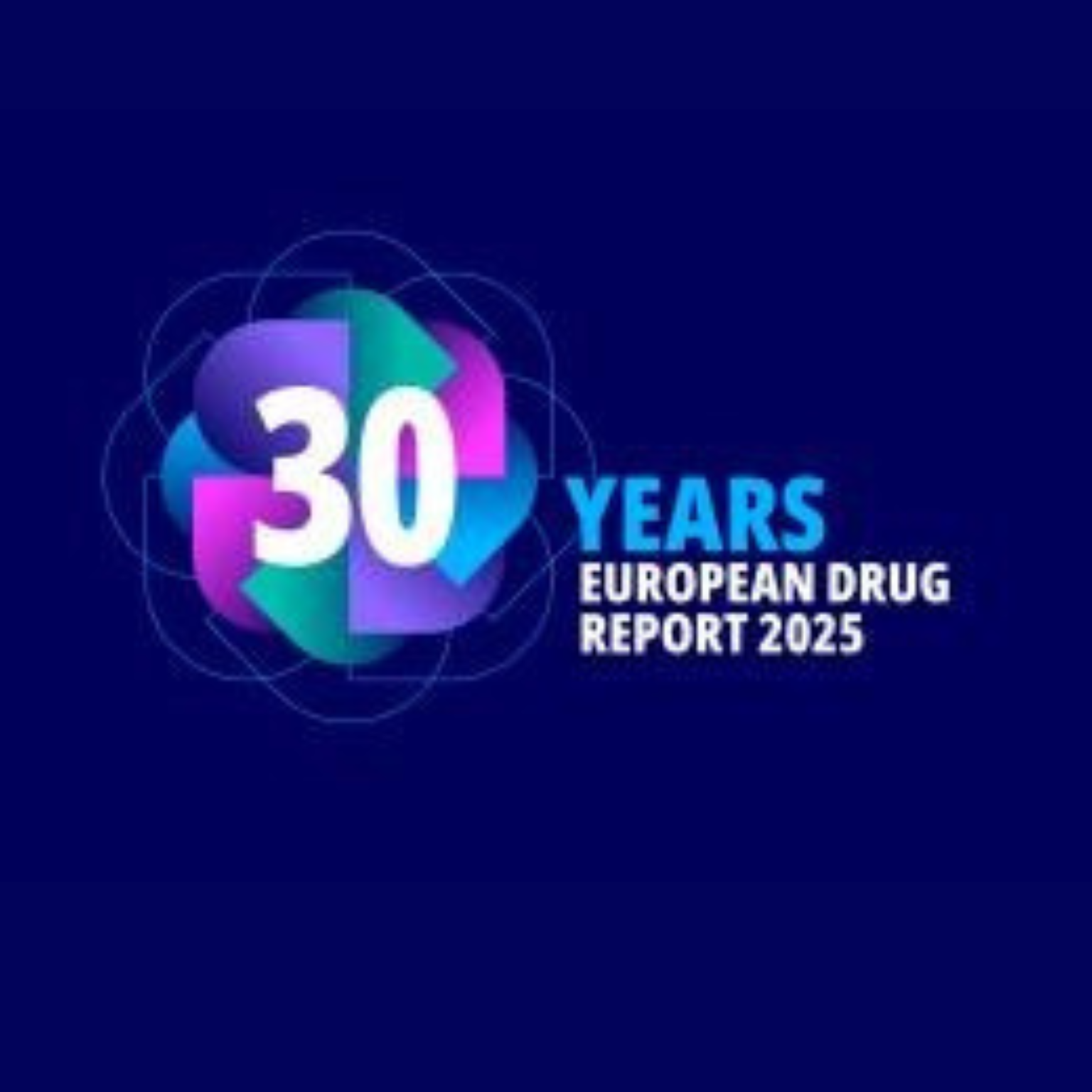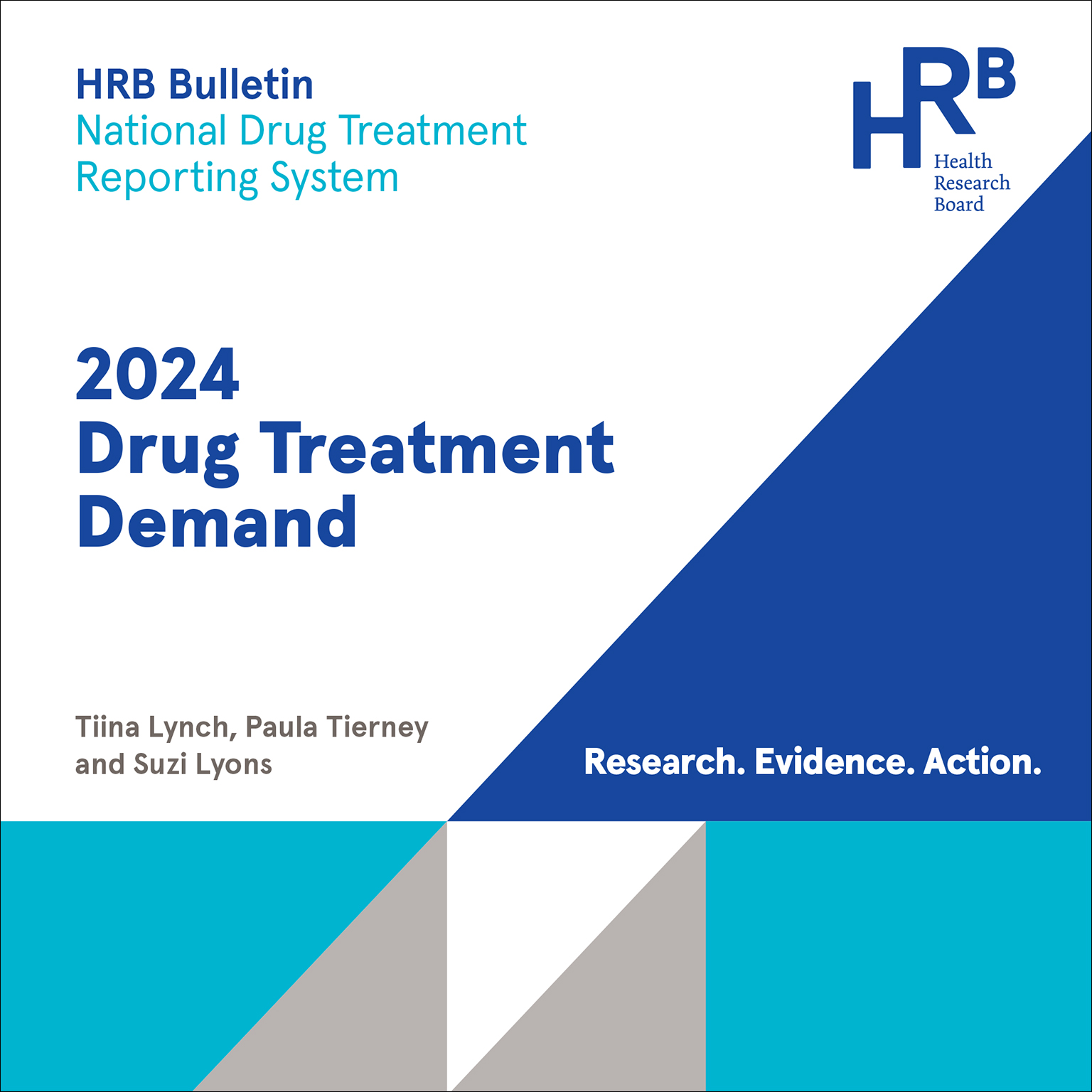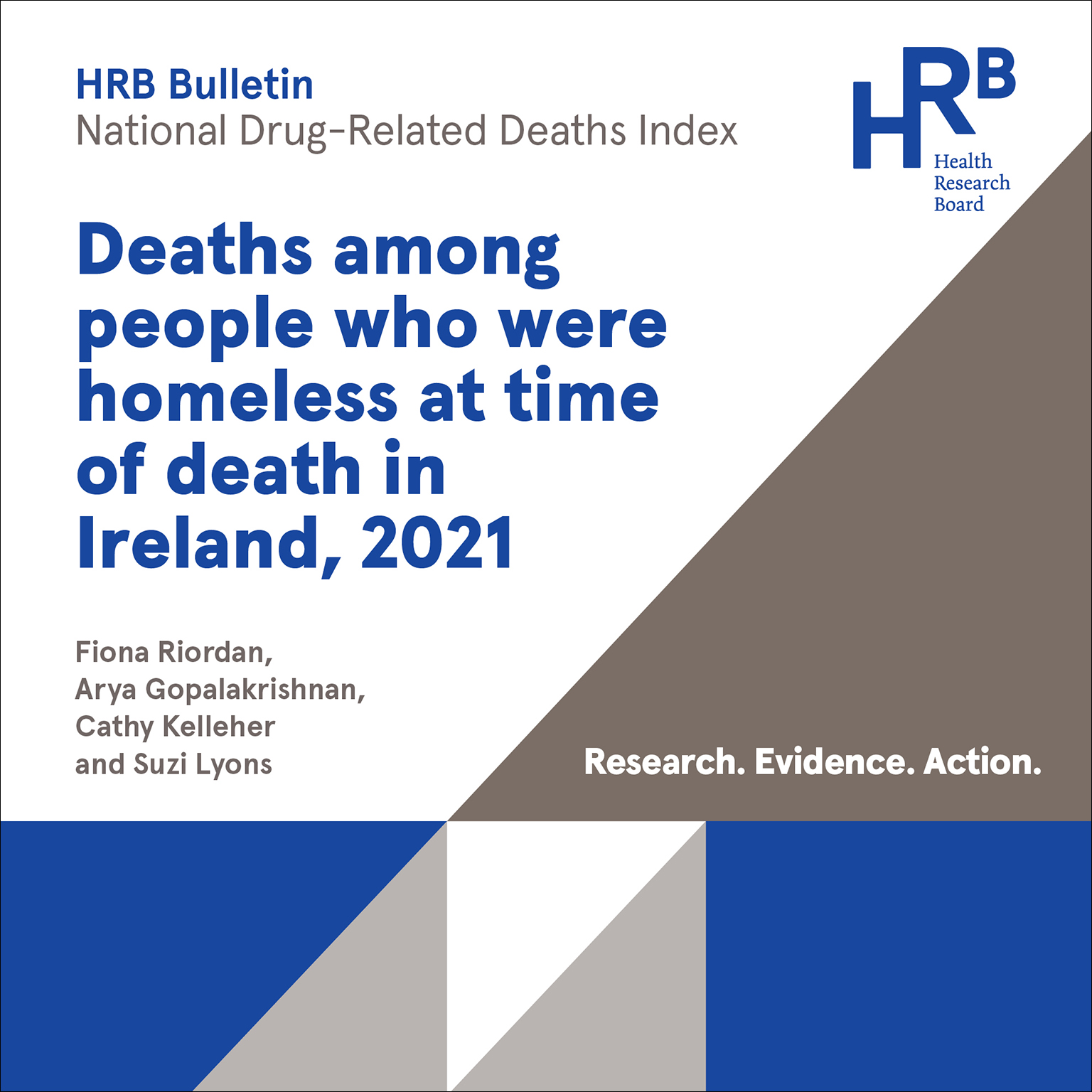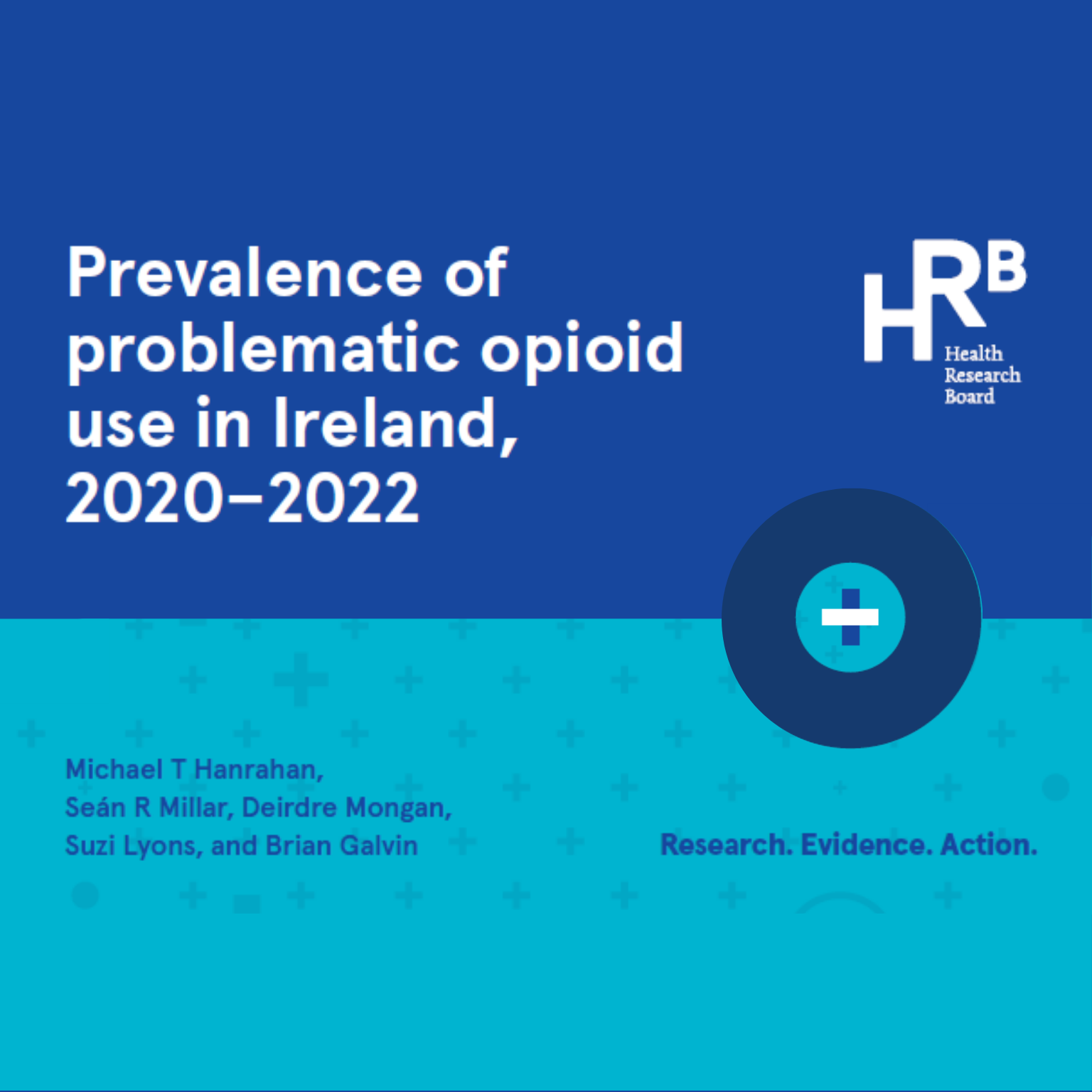Health Research Board reports latest drug-related deaths figures
Findings show an increase in poisonings and reflect both the rise of cocaine use and dangers of mixing drugs.
4 min read - 24 Jun 2023

New preliminary figures from the Health Research Board (HRB) on drug-related deaths show there were 409 poisoning deaths in 2020.* There were also 397 non-poisoning deaths, with hanging the most common cause of these deaths. The findings were presented at the Citizens’ Assembly on Drug Use on Saturday 24 June 2023.
Commenting on the preliminary findings, Health Research Board Chief Executive Dr Mairéad O’Driscoll said:
“These findings clearly demonstrate the impact that drug use has in Irish society. HRB findings increase understanding of both the causes of death and the circumstances in which people who use drugs die. This can help inform preventative measures, which we hope will ultimately save lives.”
Dr Suzi Lyons, Senior Researcher at the Health Research Board, said:
“Our findings are a really important way of looking at the overall burden of drug use in the population. We can clearly see that mixing drugs is a major factor in poisoning deaths. We also see that the growing prevalence of cocaine use in society is reflected in deaths with cocaine implicated in 130 deaths in 2020 compared to 24 in 2011. Hangings were a main cause of non-poisoning deaths. Three in five people who die by hanging, also had a known history of mental health issues.”
Key findings
409 deaths were poisonings and 8 in 10 of these deaths involved more than one drug.
- 7 in 10 involved opioids. Methadone was implicated in 3 in 10 poisoning deaths and heroin was implicated in 2 in 10 poisoning cases
- Almost 6 in 10 involved benzodiazepines and many of them had more than one type of benzodiazepine
- 3 in 10 involved cocaine
- 2 in 10 involved alcohol (as part of a poly drug poisoning)
- Almost 6 in 10 involved other prescription drugs, most commonly antidepressants and antiepileptics
Socio-demographic characteristics of people who died from poisoning
- More than 6 in 10 were male
- More than half of men were aged 42 years or younger
- More than half of women were aged 45 years or younger
- Half had a history of mental health issues
- 1 in 8 were homeless
- 1 in 5 had ever injected
- In 4 in 10 of poisoning deaths, the person was alone
- 11% died in homeless accommodation
- 9% died in a public place or building
There were 397 non-poisoning deaths among people with a history of drug use. These were primarily the result of hanging or cardiac events. A quarter (108) of non-poisoning deaths were as a result of hanging. Of those, two thirds had a history of mental health issues.
These findings represent nearly 12,000 potential life years lost because of poisoning deaths and more than 10,000 potential life years lost because of non-poisoning deaths in just one year.
View tables which show trends over time.
* Figures presented in the release exclude alcohol-only poisoning figures. In 2020 the number of alcohol-only poisonings was 65.
** Potential life years lost was calculated by looking at the age of individuals who died in 2020 and what their life expectancy would have been based on their year of birth.
ENDS
For further information please contact Aileen Gaskin aileen@communicationsclinic.ie / 087 7724 717 or Robyn Keleghan / robyn@communicationsclinic.ie / 085 8001 275.
NOTE TO EDITORS
The Health Research Board (HRB) is Ireland’s lead funding agency supporting innovative health research and delivering data and evidence that improves people’s health and patient care. We are committed to putting people first, and ensuring data and evidence are used in policy and practice to overcome health challenges, advance health systems, and benefit society and economy.
In response to calls from families who had lost someone to a drug-related death and wanted to have these deaths recorded correctly, the National Drug Strategy (2001 to 2008) included an action to develop an accurate mechanism for recording the number of drug-related deaths in Ireland. This led to the establishment of the National Drug-Related Deaths Index (NDRDI) by the Health Research Board.
The data is collected from four data sources: closed Coronial files, Hospital In-Patient data (HIPE), the register of people on opioid substitution (Central Treatment List) and General Mortality Registry data from the Central Statistics Office (CSO). This preliminary report does not include data from the CSO for the years 2018 to 2020.
The NDRDI collects data from closed Coronial files, which usually means reporting data in arrears. This has been exacerbated in recent years because of limited access to coroners’ offices because of Covid-19 related public health restrictions. While these are preliminary figures we will aim to have a full report, including 2021 data, published in Q4 2023.
4 min read - 24 Jun 2023



